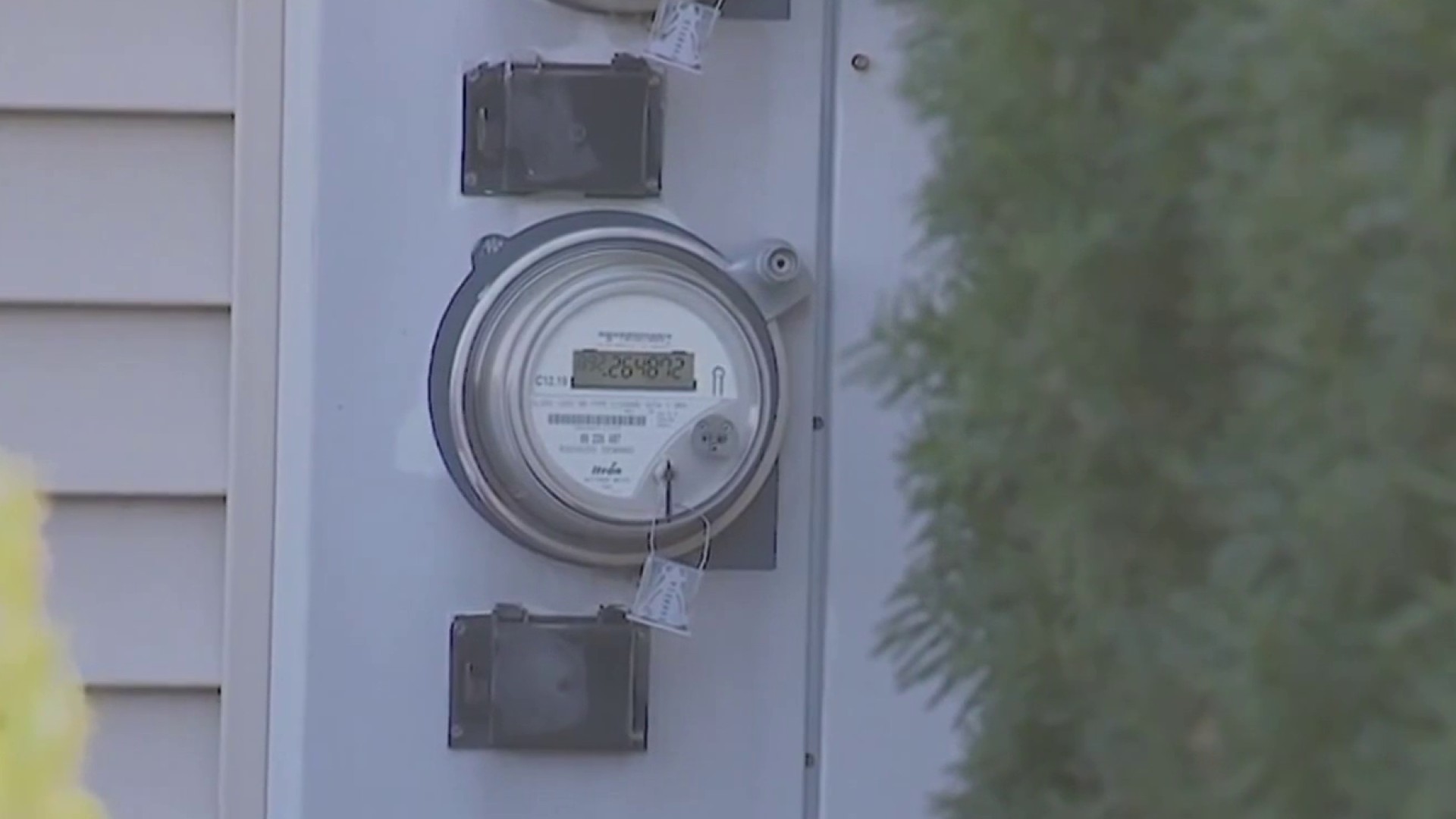Republican state lawmakers recently came out with a plan they say can bring your electric rates down in the short and long term.
NBC Connecticut's Mike Hydeck spoke with Senate Minority Leader Kevin Kelly (R-Stratford) about the proposal.
Mike Hydeck: So you said your plan can reduce energy costs by about $210 per year, which works out, if you do the math, to about $17.50 a month. How can that happen?
Kevin Kelly: Well, first and foremost, we're looking at both short-term and long-term savings. And what we're talking about is the short term, initially. And when you hear people speak, and you heard in the segment leading into this, that people are having a hard time. Gas is going up, rent is going up. Well, as utility bills go up, what we really should deal with is only charge customers for the energy that they need, because this is a basic human need. And many folks in Connecticut need this just to survive, to heat their home, to keep their kids warm. And so there are a lot of policy decisions that have been made by politicians in Hartford that have put costs onto the bill that are not dealing with the electricity that families are using.
Get top local stories in Connecticut delivered to you every morning. Sign up for NBC Connecticut's News Headlines newsletter.
Mike Hydeck: What are some of those costs, specifically? And which ones would you like to see taken off and added to the state budget instead?
Kevin Kelly: Well, I think all of them. I think when people look at their electricity bill, they should only be paying for the electricity that they use. Because as I said Mike, this is a basic human need. And when people can't afford their electricity because they don't have the funds in a budget, then they're going to look to cutting back on food and nutrition, their prescriptions and healthcare, or worse, they're going to cut back on rent and risk housing. And we all know that in order to get a new apartment, you're going to need first, last and a good credit score. So this is one of those human services, electricity, that you need to make sure people can afford. And so if it's that important, then we should only be paying for the electricity. And these policy choices, I think all of the policy choices, they need to be in the state budget. That would also be more honest and transparent. Because when people look at well, what does the state government stand for, what are our priorities and what are we allocating funds toward, they look to the state budget, they don't look to their electric bill, they don't look for their insurance bill. But yet, that's what has been happening over the past 10 years in Hartford, is a lot of these costs of government had been offloaded in various places.
Mike Hydeck: So let's talk now about transparency. One of the things you look at your Eversource bill or United Illuminating bill, it says delivery charge. That delivery charge has doubled. Now, what goes into that delivery charge? Are we talking about grid enhancements? If we're talking about grid enhancements, like everybody says we're supposed to do, how much of my delivery charge is going to modernize the grid, so it's ready for electric cars, so it's ready for a bigger draw on power? It seems like it is such a vague statement. Can that be changed where the customer knows what they're paying for if it doesn't get moved to the government side of the ledger?
Face the Facts
Face the Facts with NBC Connecticut goes beyond the headlines, asking newsmakers the tough questions, giving an in-depth analysis of the big stories.
Kevin Kelly: Yes, and I think you know, when you're looking at that delivery side, I think that's one of the things, that's the cost of the delivery. But what we need to do in the long term is start to set our state government up a little differently, Mike, and right now, we're the only state in the nation that has our public utility, PURA, under the Department of Energy and Environmental Protection. So what we need is to have a regulator that is independent, like every other state, to look at this, and then to have transparency in that system. So that when we're looking at delivery charges and the costs that we start to analyze, how does that happen? And why is it that Eversource and UI are more expensive than let's say our municipal energy companies in the state of Connecticut. How can they do it less expensive than the bigger ones? And maybe there are some best practices that we can bring to the table to lower those costs. What I'm talking about in the short term are actual policy choices that the state of Connecticut has, the General Assembly has put charges on the bill. And those really needs to come out so that all we're looking at is the energy and that those decisions would be put into the state budget. I'm not getting into the merit because, many of them are looking at things like green initiatives. But those belong in the state budget, not on an energy bill that families depend on and need to survive.
Mike Hydeck: Have you gotten any pushback from Democrats or other people in your party on trying to make this is more transparent and moving it to the state side of the budget?
Kevin Kelly: Certainly no blowback from our party. What this really represents, Mike, is not necessarily a political statement. This is a real earnest attempt to come up with solutions. And I don't care if I'm in the boardroom or at a barber shop, wherever in the state of Connecticut. People are talking about this, and they're looking for relief. And so what this is, is it's an attempt to bring these real solutions to the table. Hopefully we'll have a a bipartisan conversation and get to that solution to bring the needed relief that families deserve.



